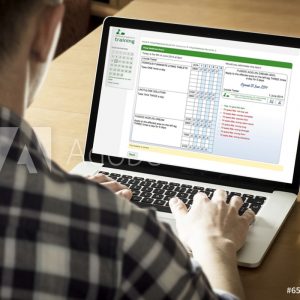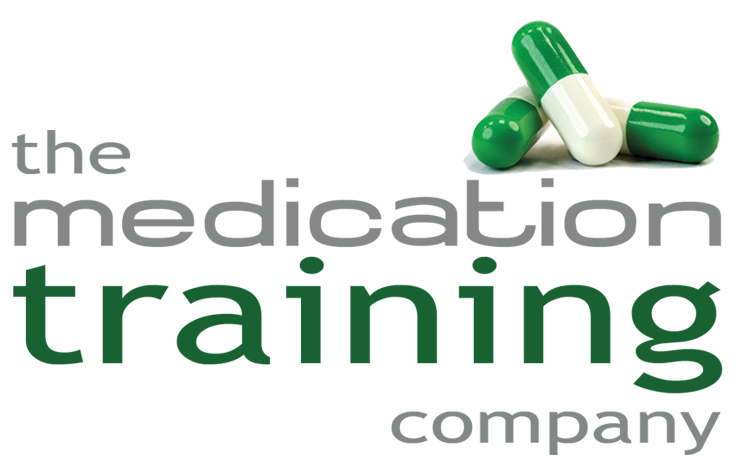16 Feb When do CQC say a witness is needed?
CQC inspect against NICE guidelines (1) that state, that in care homes, a witness is needed when:
- Staff members add (or amend) medicines on medicines administration records (MARs), and
- when controlled drugs (CDs) are received, administered, or returned for disposal.
Do you need a witness when medicines are received?
Some organisations believe two people are needed to book in medicines received (or that two signatures are needed). However, this is a myth. It’s not required by NICE (1) and CQC.
Does a second check from a witness make it safer?
As a pharmacist with over 30 years’ experience of using the double check system (technicians dispense the medicine and we pharmacists check it) my answer is “not always”, and this is backed up by research (2).
If the first person completes a task, knowing that a well-trained and competent person is going to double check their work then the first person might feel safer, they might take less care, and pay less attention as they know a second person (the witness) will be checking their work. They might make more mistakes.
The second person (the witness) might then take the same approach, thinking the first person is trained and competent and therefore they trust them. They just add an extra signature or set of initials to a medicines record or CD register, without checking it properly.
I’ve also seen examples of where two people working together distract each other by talking to one another.
It also creates extra time pressure at work because now you must find two people to carry out a task, does that result in staff rushing around more?
Compare this to working alone, without the reassurance of a second check. Would you feel less safe, and therefore concentrate more?
It’s like walking a tightrope. You might take less care if the rope is a few inches from the ground and you have a safety net or harness attached. But if you walk that same rope, high up in the air with no safety net or harness, you’ll no doubt take a lot more care and concentrate more!
1 person (performing poorly) + 1 person (performing poorly) does not = safe.
1 person (performing well) does = safe
Also, most people don’t work systematically. If administering medicines (for example) they don’t perform a medicines cross check, they don’t check what’s in the box, they don’t use the finger point technique (the Shisa Kanko technique we advocate in our training). Hence you have 2 people performing poorly and that’s not safer than one person performing well.
So, when is a witness safer?
Double checking is not an infallible safety system, research shows that it does need to be questioned (2). What we can say though, is having a second person to check is only safer if they are an active witness. This means they understand what they are checking and witness the entire process. They don’t assume it’s correct, they check it properly, and they aren’t afraid to speak up if they think it’s wrong.
It’s not a case of being called over to sign something after the person has finished carrying out the task.
What training does the witness need?
I think we’ve already answered that question… the exact same training as the person who is performing the task (i.e. controlled drugs training and how to add and amend medicines to MAR charts). This is a view that CQC agree with (3,4).
But they also need training on the points in this article:
- what a second check should involve
- the limitations of a second check and how to mitigate them
- the need to speak up, even if they are checking a more senior staff member’s work.
We provide this training with our online Foundation Course for Medicines Witnesses (click for details).
John Greene
Lead Pharmacist and MD
The Medication Training Company
References:
- Managing medicines in care homes. NICE Guideline [SC1] 14 March 2014
- Double checking: a second look. Tanya Hewitt, PhD et al. J Eval Clin Pract. 2016 Apr; 22(2): 267–274.
- https://www.cqc.org.uk/guidance-providers/adult-social-care/controlled-drugs-care-homes
- https://www.cqc.org.uk/guidance-providers/adult-social-care/medicines-administration-records-adult-social-care



